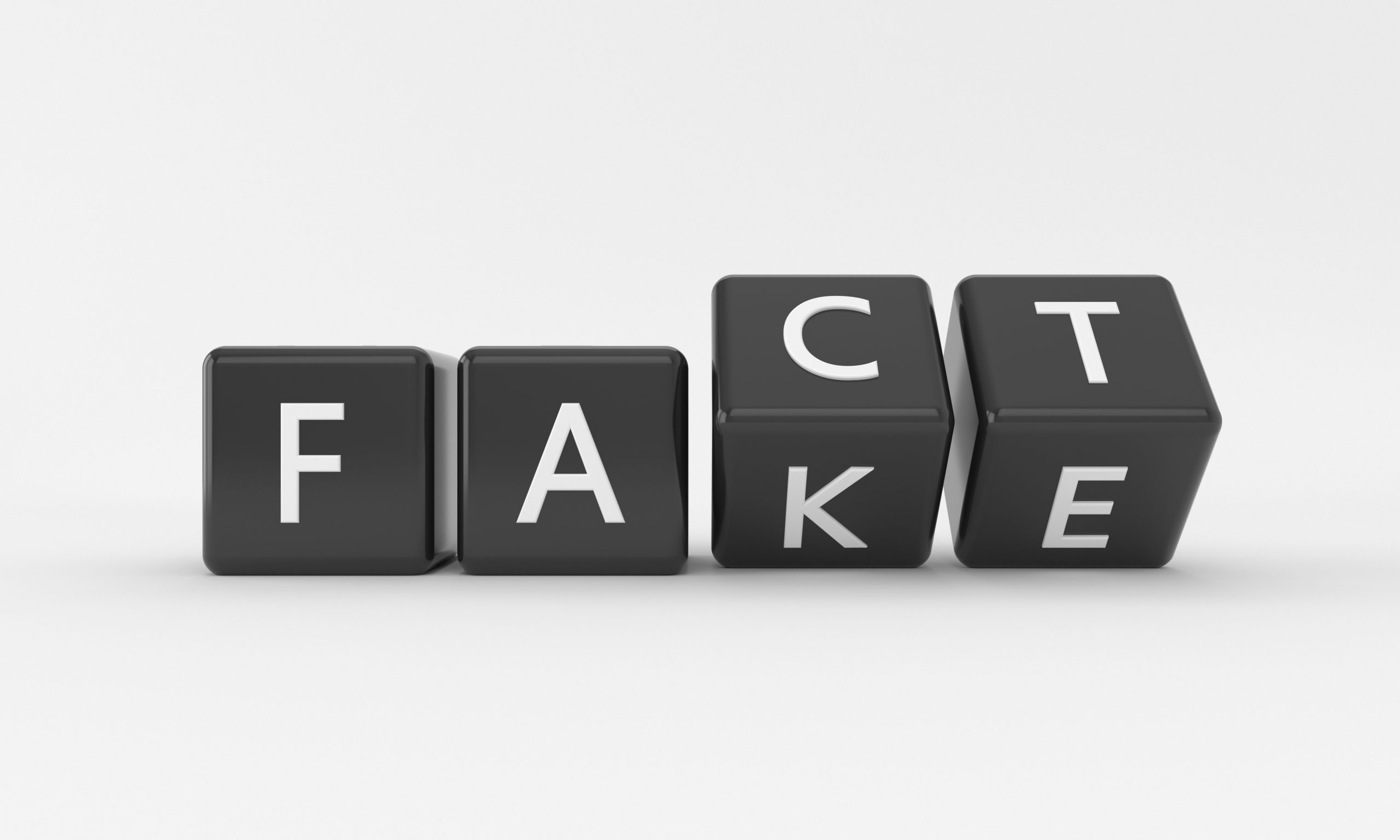Coronavirus: The Commission and UNESCO join forces to combat conspiracy theories online

The European Commission and UNESCO, as well as Twitter and the World Jewish Congress, are joining forces to raise awareness about conspiracy theories online. As part of this initiative, a new series of infographics has been published to support citizens. The infographics provide short explanations about why conspiracy theories are dangerous – especially in times of crisis – how to identify them, and how to effectively counter them with facts. As highlighted also in the Commission’s Communication on Disinformation in June, the current climate has provided particularly fertile ground for conspiracy theories that undermine science and facts with pernicious, far-fetched explanations on where the virus might have originated and who is to blame for its spread. The coronavirus crisis has also given rise to an increased level of online hate speech, racist and anti-Semitic attacks. Věra Jourová, Vice-President for Values and Transparency, said: “Disinformation and conspiracy theories harm the health of our democracies – this has been made very clear in the context of a global pandemic. Citizens must be equipped with useful tools to recognise and debunk them. To support citizens, public institutions need to work together and with digital platforms, media professionals, fact checkers and researchers, as the European Commission and UNESCO are doing.” The new infographics are available on the Commission’s website and on social media via #ThinkBeforeSharing. More information is also available in the UNESCO press release.
